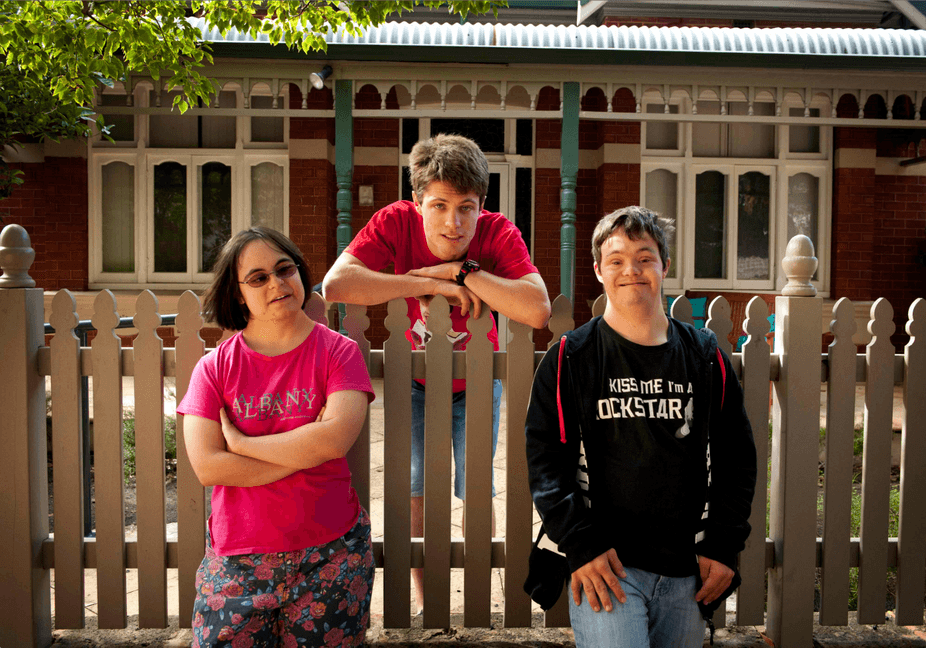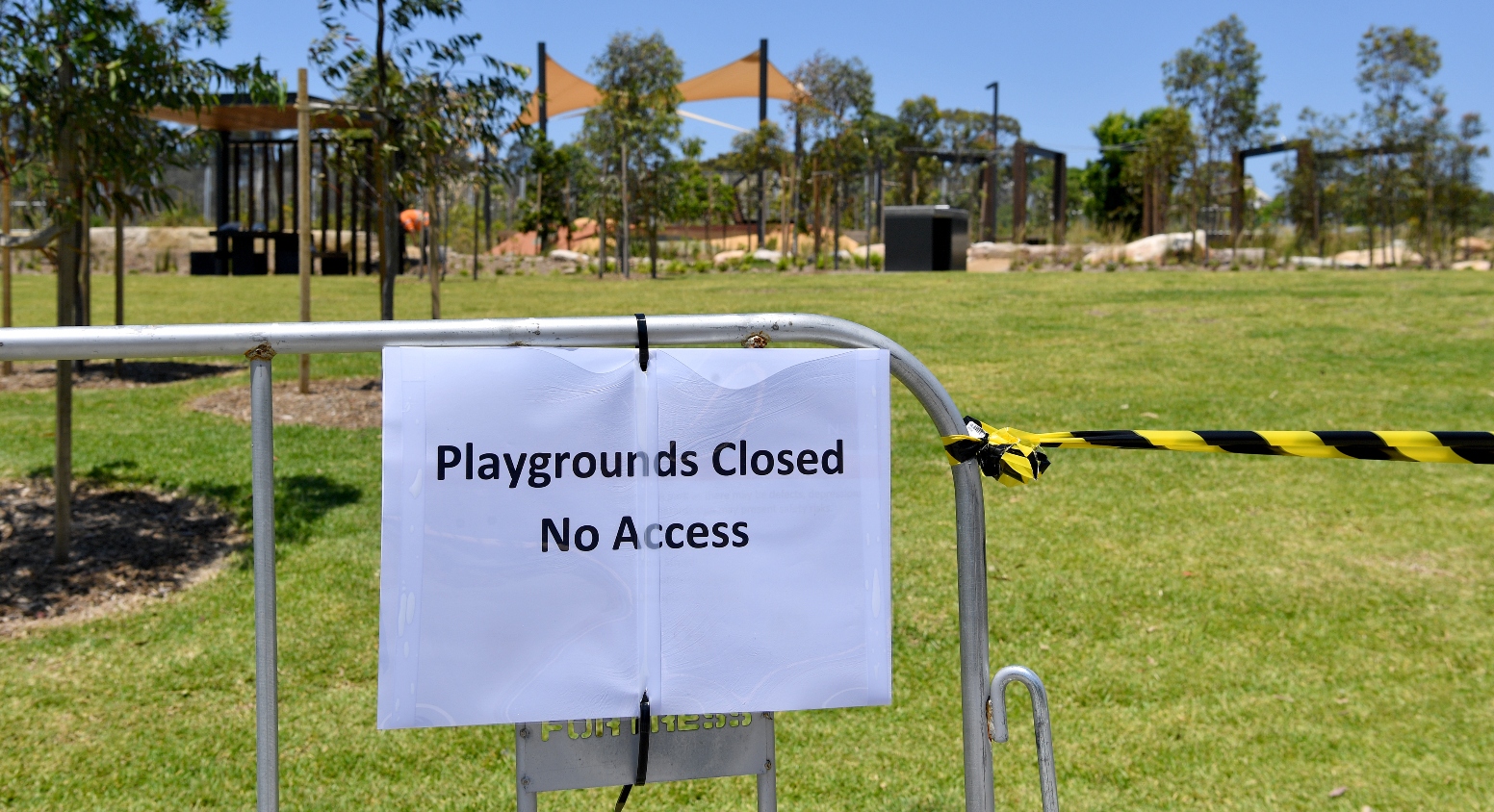
NDIS penny pinches from those in need

BY CHARLI SHIELD
As the National Disability Insurance Scheme (NDIS) enters its fourth year, there are growing concerns from disability advocates about whether it can provide the choice and control it promised to individuals with disabilities.
The NDIS, which had a target of 120,000 enrolled participants by July 2017, is currently estimated to be behind by up to 20,000 people.
With the Senate debating an increase of the Medicare levy from 2% to 2.5% to fund the $22 billion program, there are fears it will cost far more than projected.
Concerns about underfunding have been compounded by reports that enrolled participants are not being equipped with an appropriate level of care, because of the scheme’s cost-saving assessment tactics.
Planning assessments are supposed to establish the “reasonable and necessary supports” a person requires under the scheme. But many participants have disclosed that they have struggled to access face-to-face planning interviews, which have in some cases been reduced to a half-hour phone conversation.
Gemma Cooney, the Regional General Manager of disability support provider House With No Steps, says that while all of her clients in supported living in northern Sydney and the Illawarra region have received face-to-face interviews, she is concerned by the increasing prevalence of phone interviews among other clients.
“I think it’s fraught with lots of challenges,” she said.
“It’s really disappointing for those families that can’t get face-to-face interviews to really explain what they need. And it’s good for coordinators to actually meet the person – to put a face to a name and see that they are dealing with a person, not just a voice at the end of a phone.”
The Hon. Kelly Vincent is the South Australian Dignity for Disability MP. She has cerebral palsy and attends parliament in a wheelchair.
Ms Vincent said the move to phone interviews is simply a cost cutting measure, but that in some cases might actually suit people with certain disabilities better.
“It’s important to give participants an option, because for some people a face-to-face interview will get them the best outcome, but for others, for instance with mobility issues or chronic pain, it may be easier to do it on the phone,” she said.
A study by the ACT’s Council of Social Service (ACTCOSS) concluded that excessive administrative hurdles, confusing plan formats, and the use of complex language has prevented many people from being able to manage their plans independently.
A recent University of Melbourne study involving researchers with disabilities also found that complicated planning processes are likely to lead to further systemic inequality in the provision of care under the scheme.
Ms Cooney says the NDIS has not yet proved that it will actually help people with mental health problems.
“Most of my clients in the inner west of Sydney have serious mental health conditions and I’m concerned that they will actually lose out in the NDIS.
“We don’t know at this stage if people with serious mental health conditions will get the level of help that they deserve under the scheme to maintain and improve the quality of life that they currently have.”
Despite a litany of challenges currently facing the scheme, however, Ms Vincent is adamant that it is an essential service for people living with disabilities in Australia.
“It’s a scheme that we can’t afford not to have,” she said.









